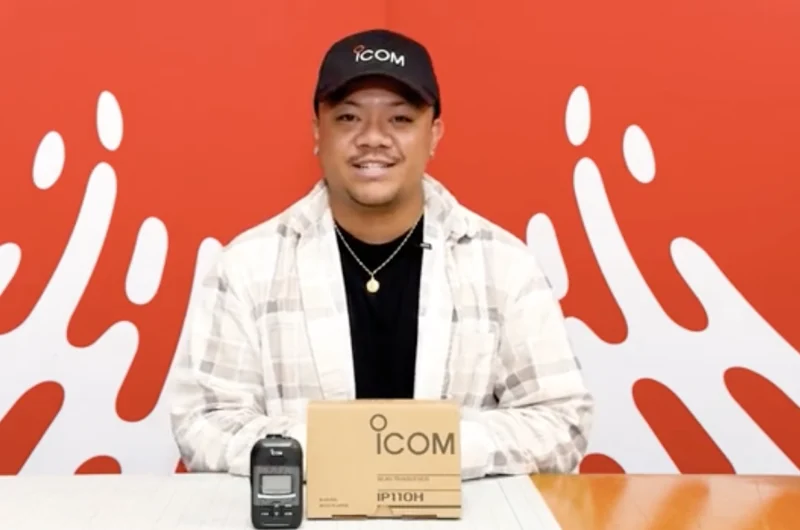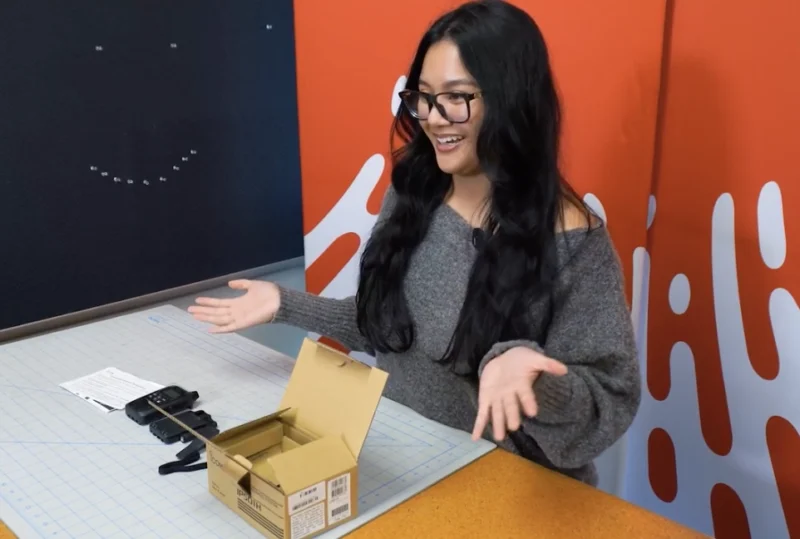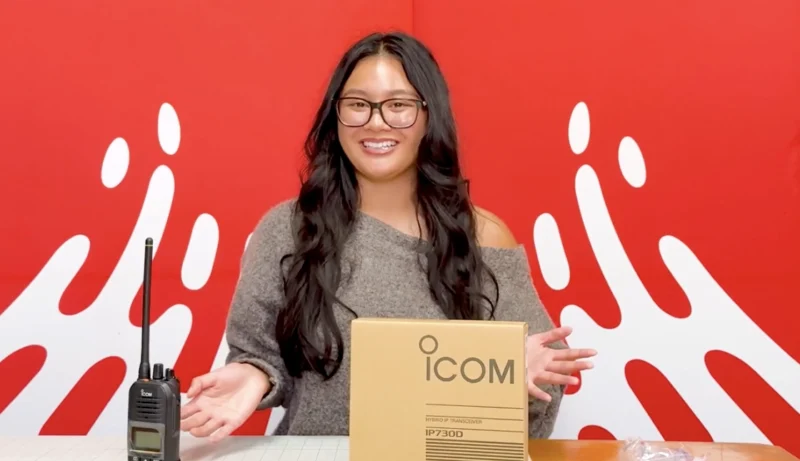Onsite Radio Communication is Crucial to Healthcare. Particularly for Surgeries and Imaging Procedures
Amidst a global environment where health crises seem more frequent, effective communication within hospitals has taken center stage. Particularly, in the expansive campuses of healthcare facilities, it’s often challenging to reach every nook and corner through conventional channels like cell service. According to a study by the Joint Commission, nearly 70 percent of medical errors are due to ineffective communication. In this context, the adoption of radio communication is proving to be a game-changer for many healthcare establishments.
But how exactly does radio communication transform the operational dynamics in healthcare institutions? Is it an answer to improving emergency responses, increasing efficiency, and reducing errors in our hospitals?
For a new episode of the Icom podcast, Dr. Kevin Stevenson, who also serves as a Hospital Administrator in the Providence Healthcare Network and hosts the “I Don’t Care” podcast, dives deep into these questions. He provides first-hand insights into how his hospital is leveraging radio communication to enhance connectivity and response times.
Dr. Stevenson also discussed:
- The pivotal role of radio communication in healthcare security, ensuring immediate and reliable contact in times of crisis.
- How surgical and imaging areas, typically isolated due to lack of cell service, can benefit from this robust communication system.
- A broad overview of the transformative impact of two-way radio systems on hospital operations.
Dr. Kevin Stevenson is not only a renowned podcast host but also an esteemed hospital administrator. With an extensive background in healthcare management, he has been instrumental in integrating innovative solutions like radio communication into everyday hospital operations. His insights come from a place of deep understanding and hands-on experience, making him a thought leader in his industry.



